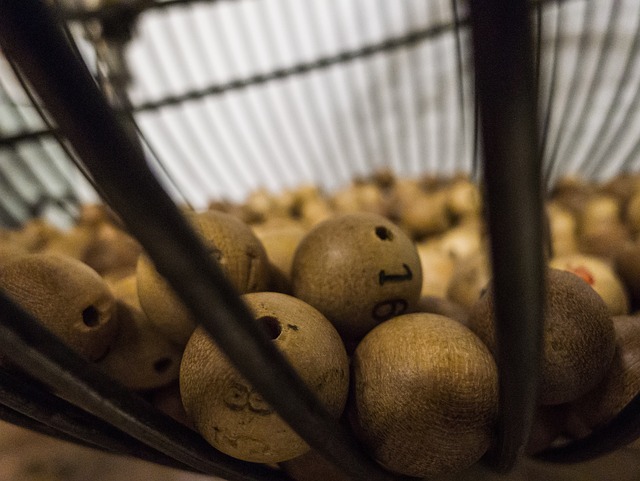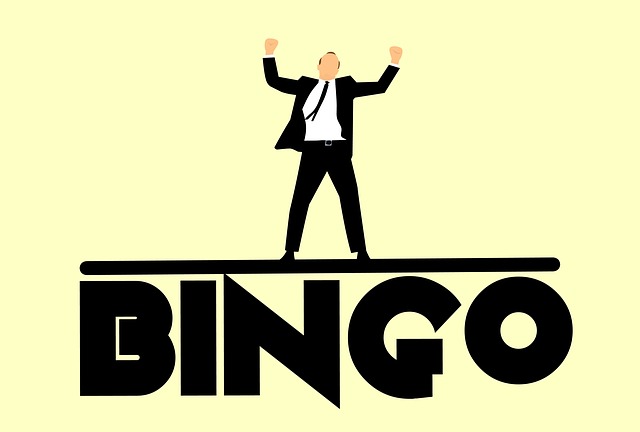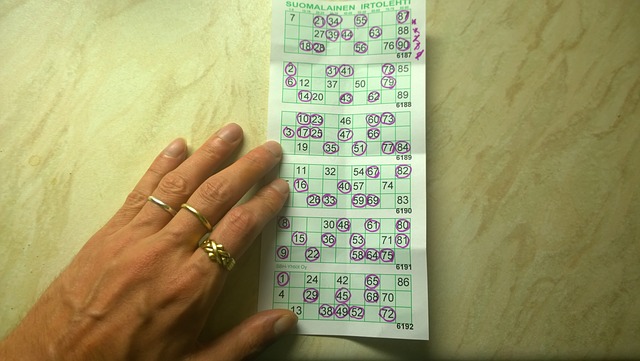9 TOP REASONS WHY BINGO GAMES TRADITIONALLY THRIVED IN THE UK
Bingo is a lottery or merely a game of chances whereby players mark numbers on a ticket while the numbers are selected randomly by a caller. The players target to mark off a winning combination, and the winner is the first player who marks off all their numbers. Bingo’s inception was in Italy in the 16th century and spread in the UK and other parts of Europe in the 18th century. Since then, bingo continued to thrive and gain popularity in the UK. But what reasons fueled its prevalence?
Its legalization
In 1960, the Gambling Act of UK legalized gambling, with bingo being part of it. This act was after the 1951 Royal Commission on Betting, Lotteries and Gaming deeming gambling as a harmless activity. They approved the legalization of gaming because it would at least add some money to the government’s revenue.
But, like many other countries, gamblers previously played illegally. In a long time, gambling went unchecked in the UK; the most common places being in slums, open-air spaces, and public streets and Harold Macmillan’s government wanted to take illegal gambling off the streets. With that, players could legally walk in the local gambling shops and play bingo leading to the thriving of the game.
Establishment of Bingo halls
1961 saw the establishments of betting shops, bingo halls, and casinos in Britain’s streets leading to the growth of games. Before the legalization of gambling, there were no betting establishments and casinos in Britain. The only betting that was allowed was on horse racing and only took place at the tracks during the events.

The newly established bingo and betting shops were slightly similar to today’s shops, although made to be as dull as possible to discourage loitering. They didn’t have seats, televisions, radios, and the windows had tints. According to Rab Burtler, the home security at the time later explanation, they intended to make the establishments as sad as possible to discourage the young people from gambling.
Bingo halls were legal as long as they were membership-only establishments and deducted money from membership fees.
Bingo was a favorite game for the armed forces.
Popularly known as ‘housey,’ game was popular among armed forces during World War I and II. The Royal Navy and the British Army played it as a pastime, especially on returning home as a way of distraction to forget the horrors of war. It was popular among all ranks, with its playing rules remaining unchanged to date.

It was the only game of chance allowed for substantial cash rewards, attracting a large number of players. Some of the enormous prizes were on payday, with the game thriving not only as a means to counter the rigors of war but also as a chance to walk away with easy money. The men usually retired with their love for the game introducing it among men-clubs, making it bear love in the nation’s heart hence its post-war rise.
Bingo was seen by many as a way to get easy money.
During Queen Anne’s reign, there was a prize of 20,000 euros that the state lottery availed, which was then a huge sum of money. Poor people saw in it a means of escaping poverty.
Usually, the dominant state lottery was held on a limited basis and did not satisfy the public’s increasing thirst for gambling. It led to illegal gambling in the streets and public markets, so by the time bingo was legalized, people were already hooked up to the game leading to its thriving.
The introduction of bingo gaming machines to the average UK citizen
Not only did the act legalize betting shops, but also gaming machines in entertainment places. Many pub owners added bingo machines to their collection of entertainment activities for revelers to indulge.

Bingo was growing popular in travel destinations like beaches and amusement parks. They introduced permanent games and adopted the use of table-top mechanical cards in place of paper. Some of these places have stood up to date with bingo’s popularity.
The then relaxed catholic law on gambling in the UK
Traditionally, the catholic church had a relaxed law in gambling and appreciated it as a means of fund-raising for the church. After World War II, the influx of Irish workers meant that catholic churches needed growth.
While the country rebuilt the infrastructure destroyed during the war, funds were required to build community centers and schools. For instance, In Liverpool, bingo was useful in raising money to build a cathedral.

Since then, bingo has been useful in one way or another to pave the way for charity in building schools, hospitals, and other community establishments.
Mecca ballrooms transformation into bingo sites
Mecca Leisure Group, a British business organization that ran hotels, night clubs and themed parks, discovered that their ballrooms were mostly empty during the day and would make excellent bingo sites. They rapidly grew in popularity hosting 15,000 players daily and became top-rated bingo sites in the country due to their comfortable premises and extensive catering services.
It saw an increase in the game’s popularity in the leisure and gaming industry in the UK.
The introduction of the internet
The number of small and large bingo shops continued to grow over the years with the change in people’s perception of bingo as a leisure activity rather than a social problem. The growth of the internet saw the next big revolution of bingo games with the introduction of playing bingo online.
With a multitude of online gaming sites springing up, players had found a new way to fix their bingo fanatism. Most of the sites were free to play and generated income from advertising.

For them to ensure customer retention, online bingo sites introduced chat rooms to blend the idea of social media and gaming. Unlike the traditional bingo in bingo halls where there was a prohibition of conversations for transparency, online bingos fostered a sense of community with the initiation of the chat rooms. The smart move led to the growth of online bingo, with players being online at any time.
Post-2005 British shift in law
The British smoking ban in 2007 impacted the traditional land-based bingo in the country and led to the popularization of playing online. Operators earn from account deposits from players by offering promotions and bonuses to attract players, thus leading to thrive.
Conclusion
With about over 3million Britons playing bingo in UK halls and online today, the introduction of online bingo has seen it spread rapidly in the country over the years, and it seems like it is here to stay.




